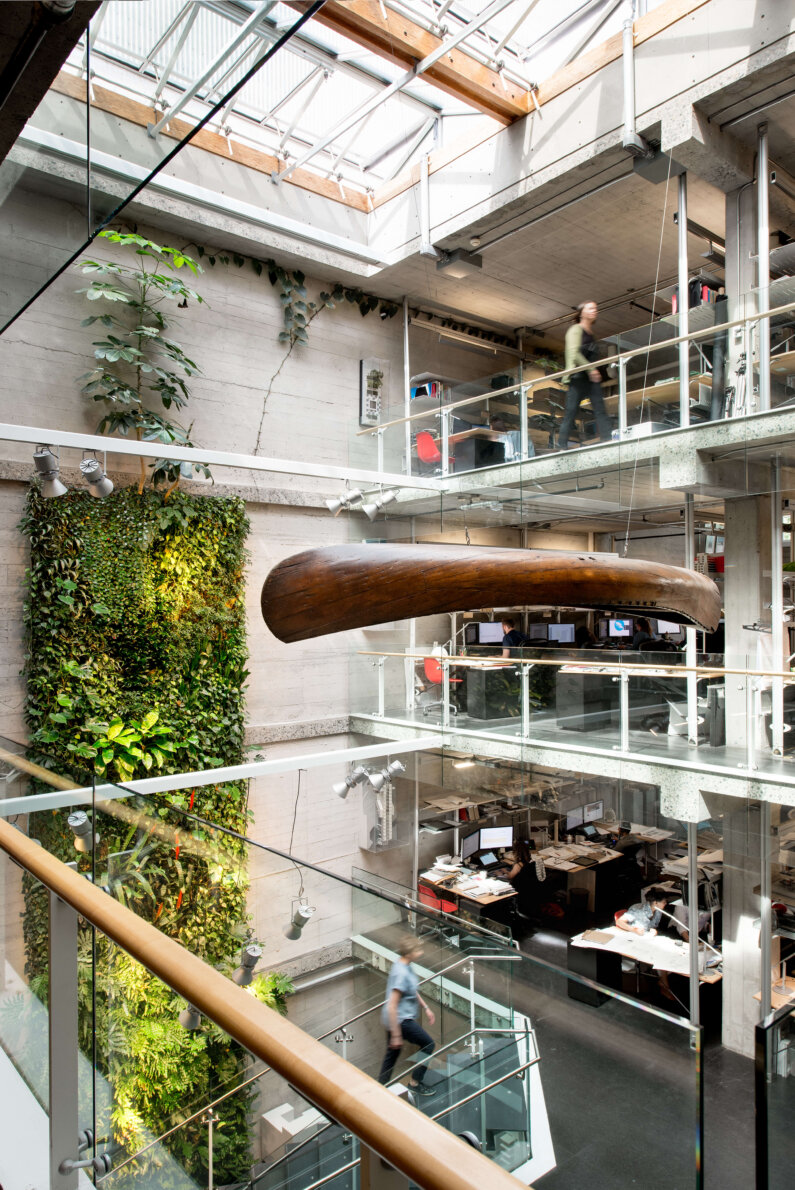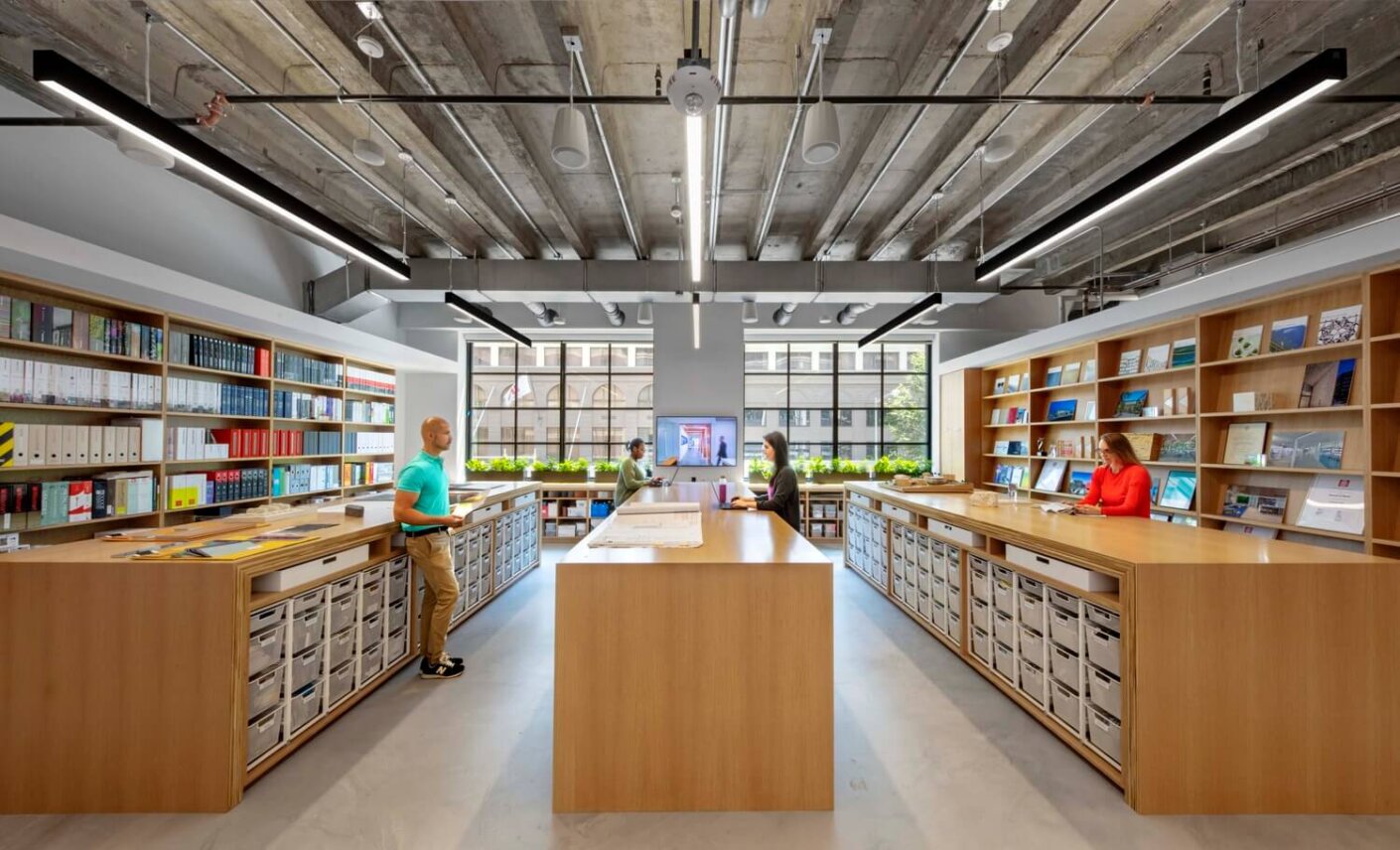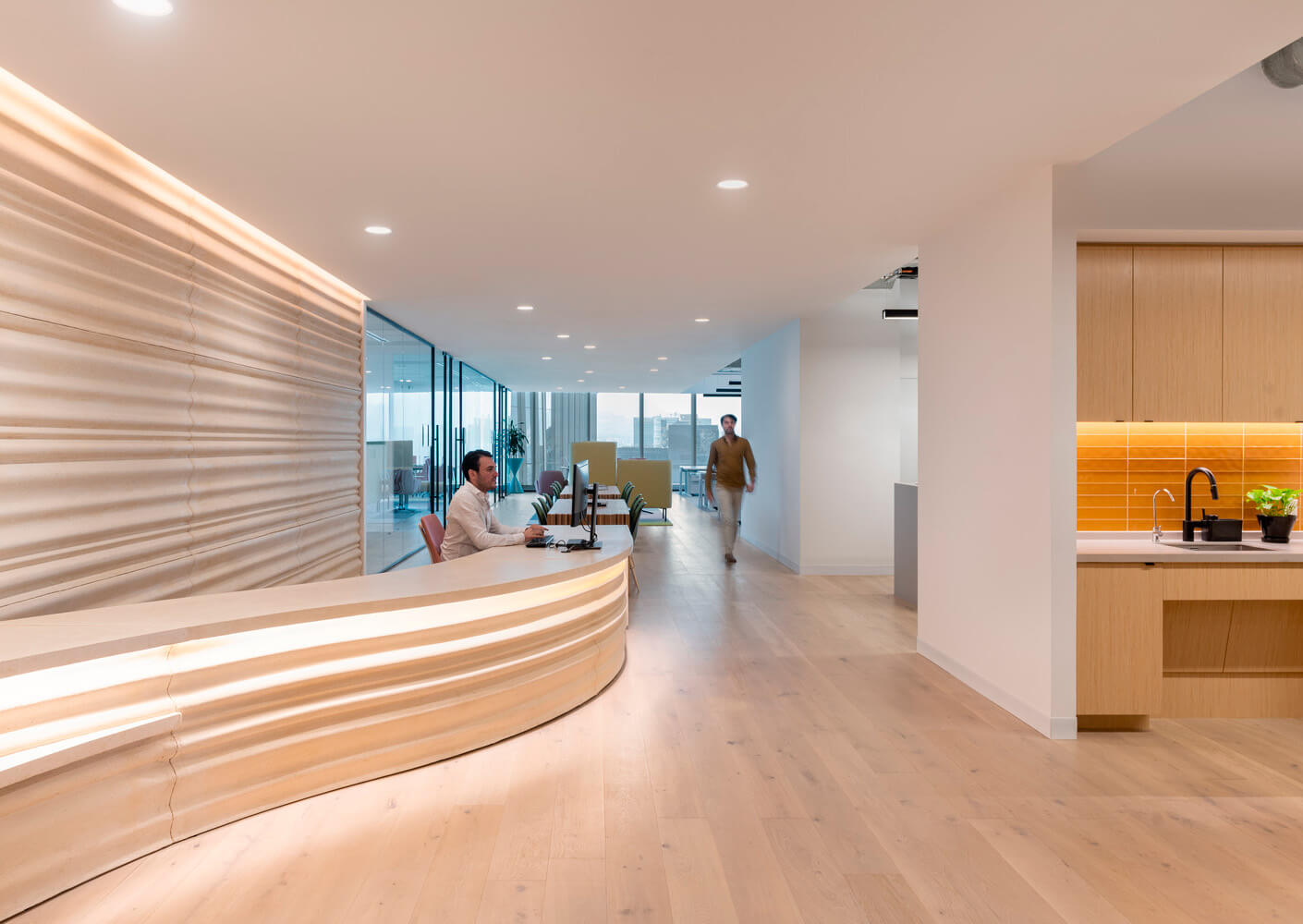CHICAGO—In time for Earth Day 2023, Perkins&Will has released an update to its firmwide Green Operations Plan, which has guided its sustainable business practices since 2005. The update coincides with last month’s report from the United Nation’s Intergovernmental Panel on Climate Change (IPCC) calling for greater and more urgent action to reduce greenhouse gas emissions. According to the report, the pace and scale of decarbonization efforts to date are not enough to keep the planet’s temperature from exceeding 1.5 degrees Celsius above pre-industrial levels, at which point more extreme weather events and more negative impacts on human and environmental health would occur.
“As a large firm with 28 studios around the world, we have an enormous opportunity to reduce our environmental impact even further—and to lead by example,” says Jason F. McLennan, chief sustainability officer of Perkins&Will. “Our enhanced Green Operations Plan offers specific guidance in just about every scenario that might unfold in our day-to-day business operations, from how we travel to or from the office, to where we get our electricity, to how we keep our kitchens and respect the local cultural contexts in which we work.”








